Ultra-luxury Aman resorts flags 2022 launch for new Janu hotels
Janu is a more lifestye-oriented brand spinoff for the ultra-luxury standard-setter.
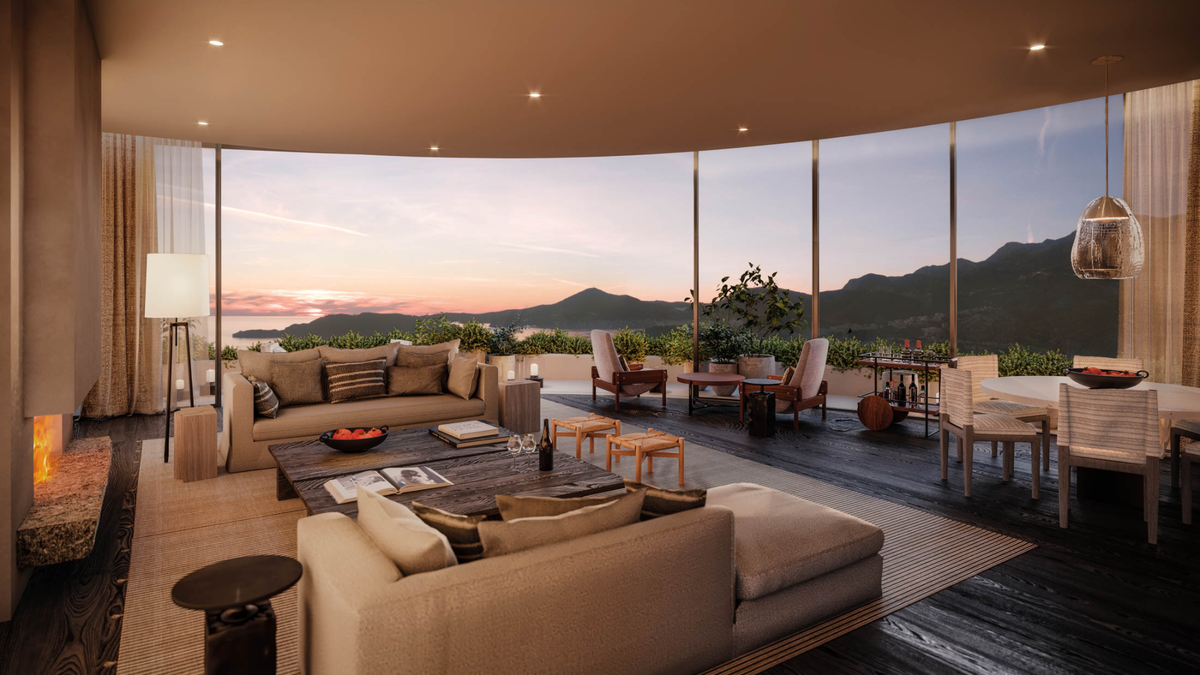
Considered by many to be the most luxurious hotel company in the world, Aman is spinning off a second brand 32 years after becoming a standard-setter, with properties set to open in 2022.
Called Janu, it looks to be a little more fun, a lot less secluded, almost equally high-end, and about 30% more affordable. Its first three locations will be in Tokyo; Sveti Stefan, Montenegro; and the archaeologically rich city of Al Ula, Saudi Arabia.
"Listening to our guests and to travel professionals, I think we have really identified a gap in the market,” says Roland Fasel, Aman’s chief operating officer, speaking exclusively to Bloomberg from his office in London ahead of the official announcement.
“On one extreme you have the Amans of the world, [ultra-luxury resorts] which offer a sort of spiritual experience. And on the other side, you have lifestyle-driven brands,” which he considers to trade some amount of comfort for the sake of accessibility.
Those lifestyle hotels - such as Edition, 1 Hotels, or Nomad – can certainly be high-end, but they need to be more affordable than top-tier luxury brands to lure a young-and-energetic target audience. And they can’t be too exclusive if they want to draw in and capitalize on the buzz of the local community.
“Nobody in the luxury space has explored the middle ground between them,” Fasel says.
Janu is more than 'ultra-luxe lite'
Fasel envisions Janu as a place where guests can commingle at morning yoga classes, on property-led street art tours, or at an array of restaurants and bars, some of which will have DJs and live entertainment throughout the week.
All of this would be housed in a single mid-rise building - generally six or seven stories tall – offering about 120 guest rooms and a staff-to-guest ratio of 3 to 1. (Compare that to Aman’s 6-to-1 ratio.)
This playbook, standard operating procedure for trendy hotels and resorts these days, represents a sharp departure for Aman.
The company’s fame rests on very small, precious, and exclusive properties, where each of around 40 bungalows or casitas is physically separate from its neighbor. Aman room rates average US$1,400 a night; Janu will hover in the US$1,000-per-night range - several hundred dollars higher than the lifestyle brands its hoping to one-up.
Aman is a brand that’s reaching a ceiling. “There are only so many places where you can deliver on the level of Aman, 45 to 48 locations are probably the maximum at this particular moment,” says Fasel. With 41 hotels either open or in the pipeline, Aman is nearly at that max.
Janu isn’t just the company’s second act – it’s possibly the only way forward for one of the biggest names in the industry.
A shifting definition of luxury
“Twenty years ago, luxury was defined by brass fixtures and marble lobbies,” says Oscar Yuan, president of Strategy3, the branding consultancy and innovation lab owned by Ipsos. Now its definition is expanding by the day to capture more and more unique segments, be it in fashion, aviation, food, or hospitality.
“We live in a world where the Ritz-Carlton and the Equinox Hotel can both charge $700 a night by playing on different axes of luxury, one that’s more about white-glove service and one that’s more modern and fitness-driven,” says Yuan. “The more variations we can pinpoint on what luxury means to different people, the more that the entire industry is positioned to grow.”
For Janu, that means catering to a younger, tech-minted nouveau riche who seek out nightlife and midday meditation in the same 24-hour cycle.
Bringing ultra-luxury to the party-pamper-and-repeat set is an original idea, but it’s also inherently difficult to execute. Rosewood is one of the few to attempt it (successfully, so far) with a speakeasy-style bar in Los Cabos, Mexico, and fashion week events at the Crillon’s Bar Les Ambassadeurs, where even the Beastie Boys’ Mike D has spun records.
“The key,” says Yuan, “is defining what aspects you’re going after so that you don’t cannibalize one brand with the other.”
Indeed, while the shared DNA between Janu and Aman is easy to identify - exquisite design, personalized service, a strong wellness proposition, and truly exclusive access to a destination, says Fasel - parsing the differences will be an exercise in nuance. He can only go so far as to describe Janu’s activities as “edgier” in the absence of actual particulars.
For example, master classes at Aman Tokyo might take place with a calligrapher; at Janu Tokyo, they might include behind-the-scenes tours with the digital artists at TeamLab.
Finding a moment of Zen at the same Aman means floating in a 30-meter pool high above the skyline; at Janu, it’ll be group meditation classes.
And arrival at Aman is through a 29th-floor, floodlit sky lobby that’s intended to serve as an urban oasis; at Janu, it’ll be a street-level hive of activity. (All this gets summed up by the brands’ names: Aman means “peace” in Sanskrit while Janu means “soul.”)
“Together they offer a total solution for the fluctuating needs and desires of today’s global travel cognoscenti,” says company Chairman and Chief Executive Officer Vladislav Doronin, explaining why Aman’s execs felt comfortable they weren’t cannibalizing their own business by opening Janu’s first three locations in destinations where Aman is the competition.
Aman’s gamble
When asked about brand extensions in general terms, Bjorn Hanson, a veteran hotel consultant who has advised companies such as Marriott on several spinoffs, points out that nomenclature is telling.
The fact that Janu is simply called Janu, and not “Janu by Aman,” is a way for Aman to protect itself from brand dilution should the new offering misfire. “Some companies may not want to launch something with their name on it and two years later see a story on the front page of the newspapers that their new brand failed,” he explains.
But this strategy also comes with a risk: Janu won’t benefit as fully from the halo effect of its parent brand, which could help solidify consumer confidence for such an expensive and as-yet-unproven product.
That’s one hurdle among several. “The luxury hotel business faces big issues that include fixed costs, labor – inclusive or payroll, inflation, and benefits – real estate taxes, and property insurance,” Hanson says.
This adds up to 70% of a luxury hotel’s costs, leaving for much narrower margins than at downmarket brands, plus a more difficult path to expansion. “If occupancy suddenly plummets,” he says, pointing to global events like the Covid-19 outbreak, “luxury is exposed to a higher risk.”
Strategy3’s Yuan is more sanguine. “Think about the people who wear an entire H&M outfit but splurge on the $1,200 Louis Vuitton bag,” he says, “or the people who hoard miles for two years to fly business to the Maldives.”
They’re emblematic of the demographic that Janu can uniquely target: occasional very-high spenders. And in that sense, Janu can be like the Hermès scarf: an expensive and indulgent entry-level product that feeds consumers up to the US$10,000 Birkin.
If one thing is certain, Janu will be easier to scale than Aman, and will help manage the overflow of “Amanjunkies” who have nowhere to go when their preferred resort is booked out. (This author has three times tried to visit Amangiri, in Utah, to find it fully booked many months in advance; perhaps she’ll become a Janujunkie instead.)
“We have to keep Aman very, very special and incredibly protected,” Fasel says. “Janu, on the other hand, we can grow as fast as developers are willing to cooperate. There’s no limit."
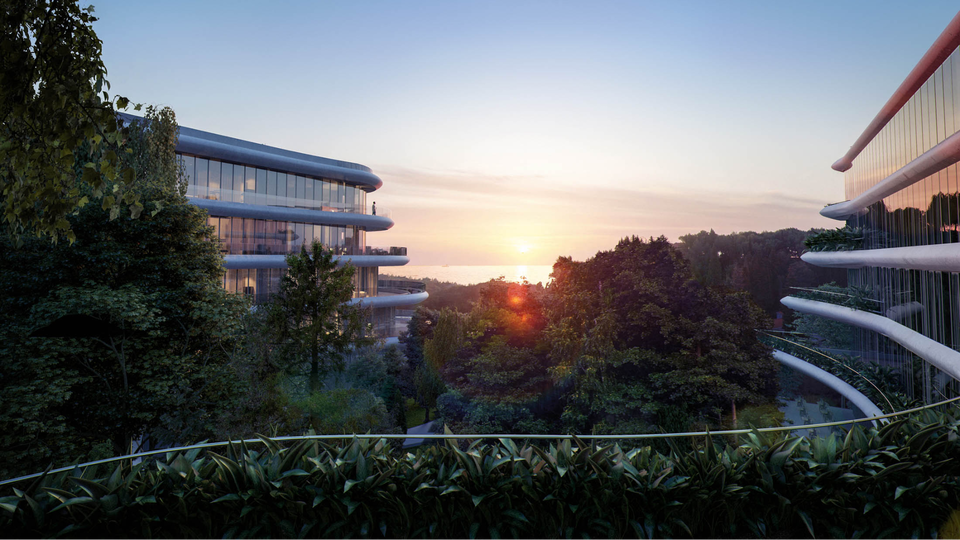
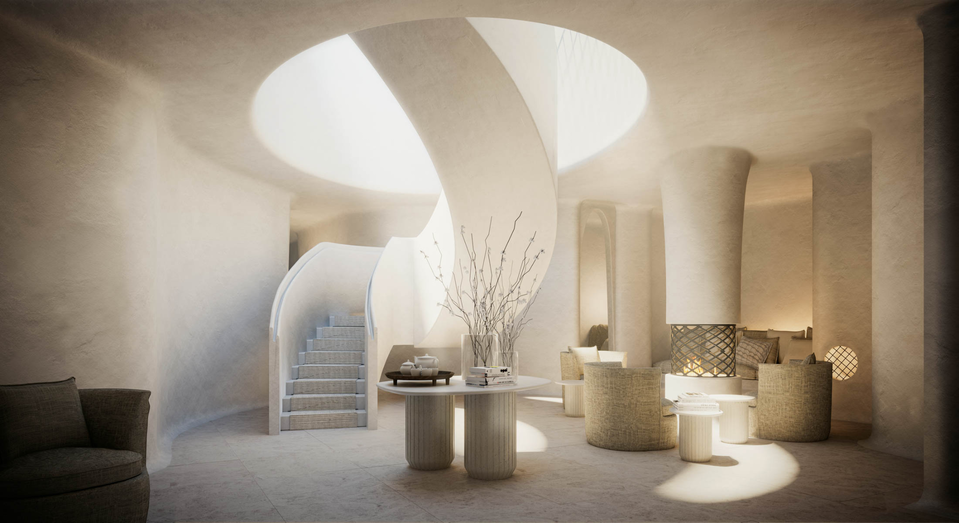
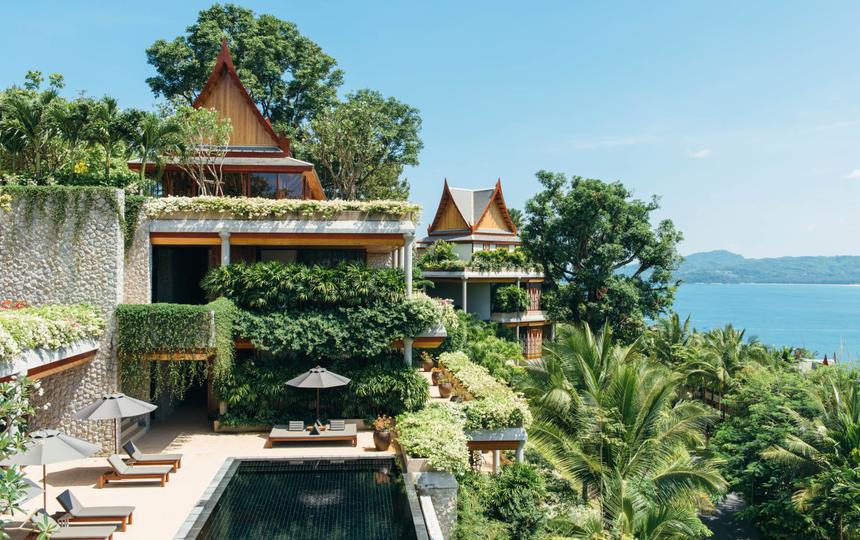
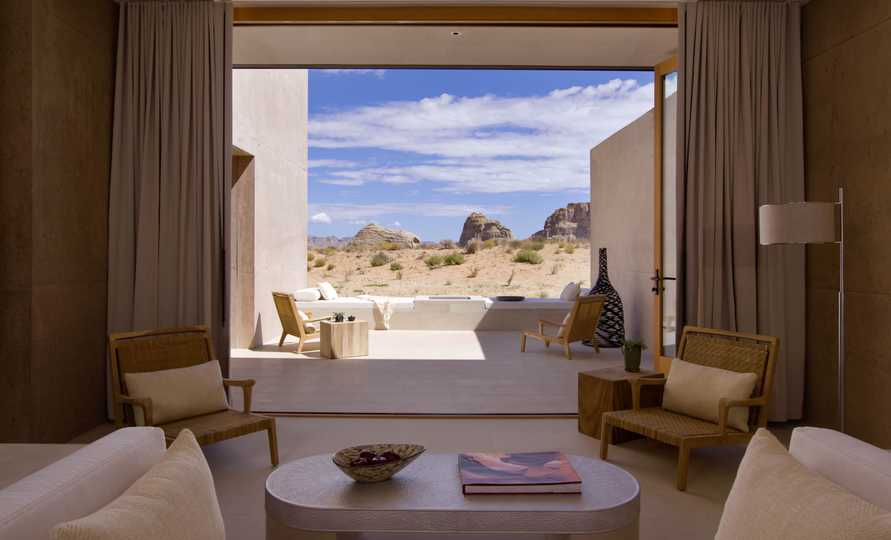
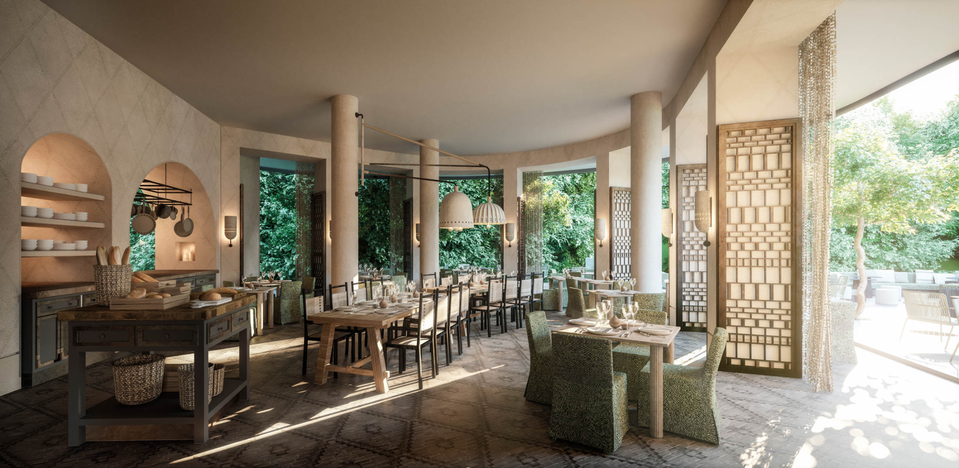
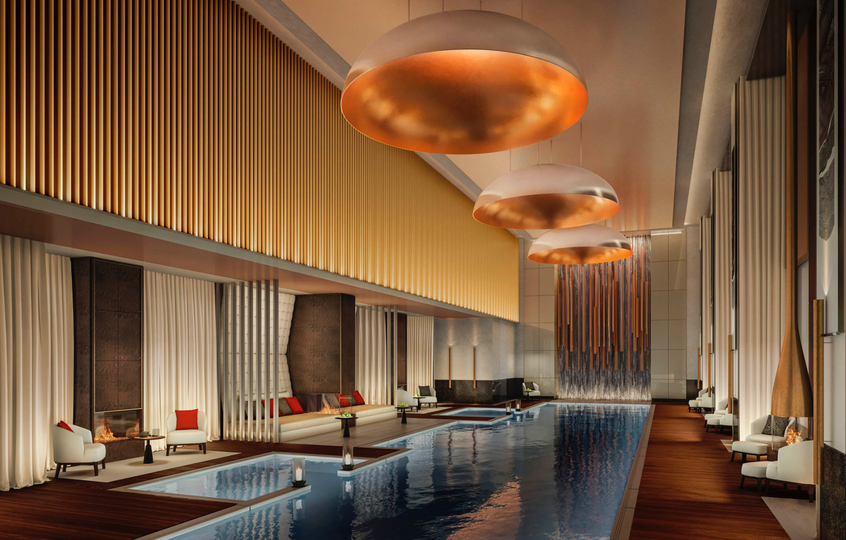

Hi Guest, join in the discussion on Ultra-luxury Aman resorts flags 2022 launch for new Janu hotels